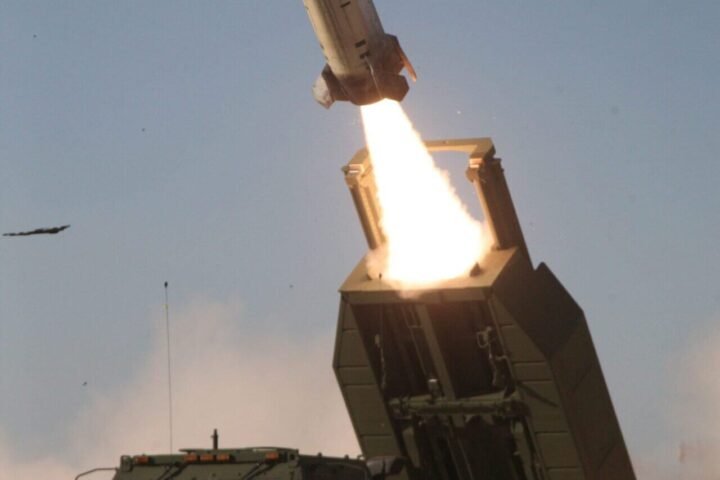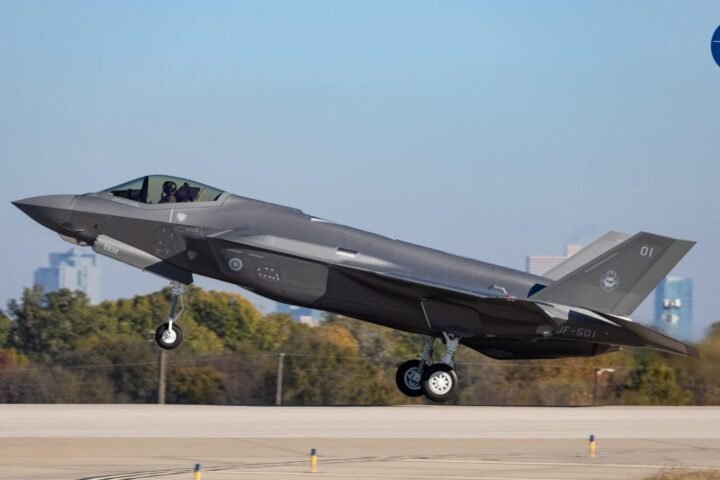On September 5, 2025, United States President Donald J. Trump signed his 200th executive order since taking office, introducing a change of strong symbolic impact: the Defense Department may again be called the ‘Department of War’ (DOW) as a secondary title.
The measure authorizes Defense Secretary Pete Hegseth and Pentagon officials to use appellations like Secretary of War and Deputy Secretary of War in public communications, non-regulatory official documents, and ceremonial contexts. All federal agencies must recognise the new title, while Hegseth will be tasked with evaluating possible actions to make the renaming permanent, potentially through legislative measures.
In Practice

Formally, the executive order signed by Trump does not change the legal title of the Pentagon, which remains Department of Defense according to federal legislation. The introduction of the term Department of War as a secondary title means it can be used in official communications, ceremonies, and non-binding documents, without legal value. In fact, the secondary title accompanies the primary one without replacing it: thus representing a symbolic and political act, intended to recall the historical tradition of the War Department and to convey a message of increased military assertiveness, without having to deal with the complex legislative process that would be necessary for a definitive name change, for which a federal order alone would not suffice.
The path would differ if the administration wanted to change the main legal title of the Defense Department. In that case, an executive order would not suffice, a legislative intervention by Congress would indeed be necessary, which would have to approve a law to amend the National Security Act of 1947 and the subsequent provisions of 1949 that fixed the current title of Department of Defense. It would therefore be a complex political process, subject to parliamentary debate and potentially divisive, requiring the approval of both Houses and presidential ratification.
The White House

According to the official White House statement, the new wording “confers a stronger message of readiness and determination than the term Defense, which emphasizes exclusively defensive capabilities”. Trump explained that the decision stems from the desire to revive the original spirit with which the United States faced world conflicts under the War Department:
“We won both world wars with the War Department. After renaming it Defense, we went into long and unclear victory conflicts, often ending in a sort of draw.”
Secretary Hegseth echoed the president, arguing that the change is not just linguistic, but essential:
“We’re talking about restoring, not just renaming. Words matter. We want a Department that fights to win, not to get bogged down in endless conflicts. Maximum lethality, not tepid legalisms; violent effects, not political correctness.”
A Return to Historical Origins
The War Department was actually established by Congress on August 7, 1789, in the same year the Constitution came into effect, replacing the Board of War and Ordnance created during the American Revolution. For over 150 years it was responsible for the Army and, until 1798, also for the Navy.
The title remained in force until 1947, when the National Security Act merged the War Department with the Department of the Navy and the newborn Department of the Air Force, giving life to the National Military Establishment, which was renamed Department of Defense in 1949.
The return of the name “Department of War” has no immediate consequences on the organizational level, but takes on a strong political and communicative value, especially in the international context. The move aims to project an image of determination and aggression, differentiating itself from the defense-only tradition to reassert American willingness to pursue its own interests also with offensive military instruments.
However, the choice may fuel domestic and international debate, raising criticism from those who fear a move away from the doctrine of deterrence and collective defense, in favor of a narrative of more direct confrontation with potential adversaries.










